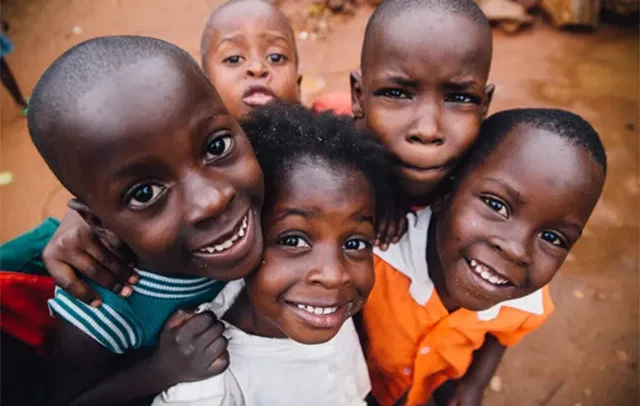File photo: Children
UNICEF, the largest child’s rights organisation in the world, has commemorated the Day of the African Child by calling for a significant investment in African children in a new press release.
This comes as the continent’s child population (those aged between 0-14) is set to rapidly expand by 2050. UNICEF estimates that four in 10 children globally will be based in Africa by 2050.
The Day of the African Child has historically commemorated the Soweto Uprising in 1976, where 10,000 black South African students marched to protest educational injustices in Apartheid South Africa – in the following two weeks of protests that followed, hundreds were shot for doing so.
Having been commemorated every June 16 since 1991, the day has been used to raise awareness about the need to invest in African education, which is part of the African Charter on the Rights and Welfare of the Child.
However, UNICEF says this year’s commemoration should take on added significance given the predicted rapid expansion of the child population to ensure that African children get the economic investment they need.
The UNICEF Country Representative in Ghana, Osama Makkawi Khogali, said, “This Day of the African Child is more than just a commemoration; it’s a critical call to action.”
“We face an urgent need to invest in foundational learning, health, nutrition, protection, digital inclusion, and job-readiness. Equipping this generation is essential not just for them to survive, but to truly thrive. Africa’s future is global, and immediate, bold action from all of us is imperative.”
The World Population Review estimated that, in 2023, roughly three in 10 children were based in Africa out of a population of 2 billion children globally, and the top 10 countries with the highest percentage of children were all based in Africa (Central African Republic have the highest percentage of 49.17%).
Given that the global child population is only predicted to expand by 60 million by 2050, this therefore makes UNICEF’s prediction marked and suggests that Africa will undergo a much more rapid increase in its child population than the rest of the world.
This means Ghana, which UNICEF says 45% of its population are currently children, will likely need to increase its expenditure on education by 2050 to match the increase in child population, even if the country spends more of its GDP on education and has better education rates than the sub-Saharan average.
By James Reinhardt


